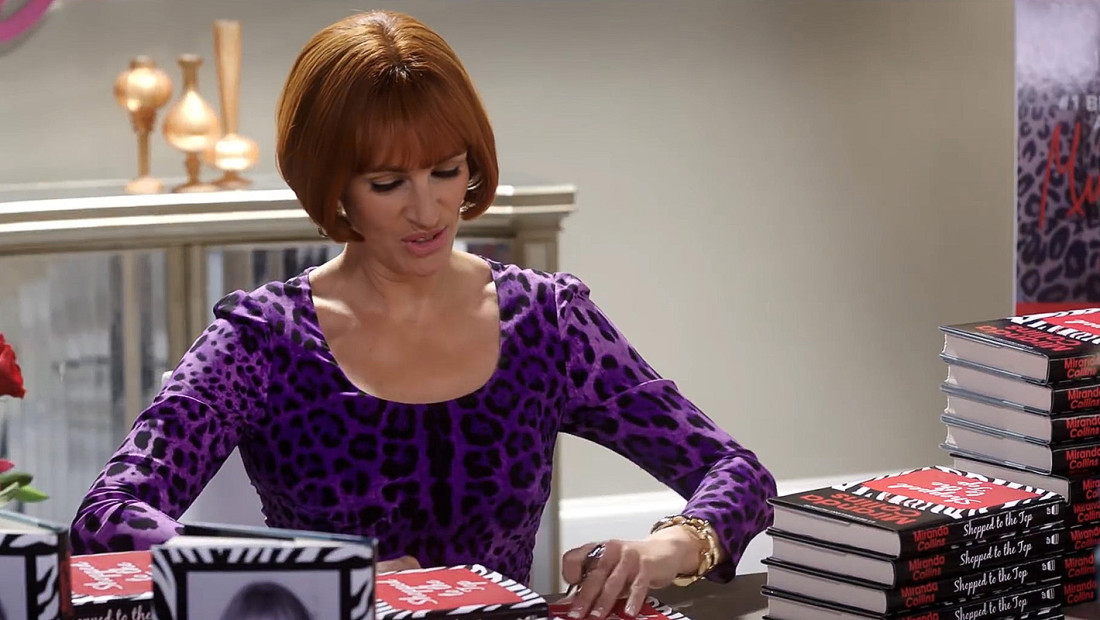When Mother’s Day was conceived by Anna Jarvis in 1908, it was intended to be a sentimental celebration inspired by the bond she had shared with her recently deceased mother. By the 1920’s, Jarvis was actively boycotting the holiday she herself had birthed, having become disillusioned by the commercialization of Mother’s Day at the hands of companies such as Hallmark. Were she still alive, Anna Jarvis would no doubt be arrested in front of a multiplex for protesting the release of Garry Marshall’s latest “effort,” Mother’s Day.
While the United States may have developed the Marshall Plan as an economic reconstruction strategy for Europe following World War II, Garry Marshall has concocted a more cynical variation with the obvious intention of bolstering his own coffers. This Marshall plan entails selecting an arbitrary holiday to provide the basis for a shoddy script (and an exploitative marketing campaign), cobbling together a series of underdeveloped stories and casting a host of movie stars who each show up for maybe a week’s worth of shooting. From there, it’s a simple matter of watching the residual checks roll in each year as cable TV outlets fill their schedules with this schlock every time the appropriate date rolls around. Since Groundhog Day already exists and an Independence Day sequel is on the horizon, Marshall is running out of nationally recognized holidays. Only time will tell if his reign of terror will continue with a saccharine meditation on the true meaning of Labor Day or a light comedy about Columbus Day that glosses over that whole genocide thing.
Marshall’s early work on such sitcoms as Happy Days, Mork and Mindy, and Laverne and Shirley clearly still holds sway over his current directorial instincts, as Mother’s Day bears all the dramatic heft of the worst examples of a sitcom clip show. The script follows at least three loosely associated “A” stories and an additional subplot, creating a sort of narrative buckshot effect. The principle behind this is ostensibly to give the audience so many characters to follow that they can’t help but relate to one. And, by pursuing so many interwoven plot threads, the viewer might overlook their glaring inconsistencies and lack of narrative consequence.
The film’s ensemble cast, easily the most marketable aspect of the film, also proves to be its weakest link. As bad as the script is, terrible performances from actors who are capable of better strip Mother’s Day of any shot it may have had at establishing some sort of emotional resonance. Overacting abounds, with Jennifer Aniston hamming up her role as the harried housewife hot off a divorce; Kate Hudson phoning in her turn as a self-hating trailer park alumnus; and Julia Roberts playing her costume-jewelry-hawking, home-shopping maven with the emotional range of an android on opioids. Comedians Jason Sudeikis, Aasif Mandvi and Cameron Esposito all gamely try to mine the script for laughs. But, in a film which seems convinced that the mere sight of Sudeikis’ karaoke take on the Humpty Dance constitutes a joke in and of itself, the humor well has clearly run dry. Even poor Margo Martindale can’t do much as Hudson’s racist redneck mom, though she at least seems to enjoy her (ultimately failed) efforts to imbue this one-note joke of a character with some depth.
Although the performances are uniformly poor, the script cannot escape blame. One of the laziest pieces of writing to have thrown shade on a screen in recent memory, Mother’s Day is filled with blunt exposition to compliment its paper-thin characterization. An early and unaddressed voice-over narration from Penny Marshall (who appears nowhere in the film) reminds everyone that this movie is, in fact, about Mother’s Day. Characters state their motivations and circumstances with blunt literality that defuses even the most elementary examples of dramatic tension. This story takes place in a world wherein Atlanta is populated almost entirely by white people; Skype and karaoke machines are newfangled concepts that require repeated explanation; and Mother’s Day holds a position of social significance to rival that of Christmas. Rated PG-13 for language and some suggestive material.









Before you comment
The comments section is here to provide a platform for civil dialogue on the issues we face together as a local community. Xpress is committed to offering this platform for all voices, but when the tone of the discussion gets nasty or strays off topic, we believe many people choose not to participate. Xpress editors are determined to moderate comments to ensure a constructive interchange is maintained. All comments judged not to be in keeping with the spirit of civil discourse will be removed and repeat violators will be banned. See here for our terms of service. Thank you for being part of this effort to promote respectful discussion.